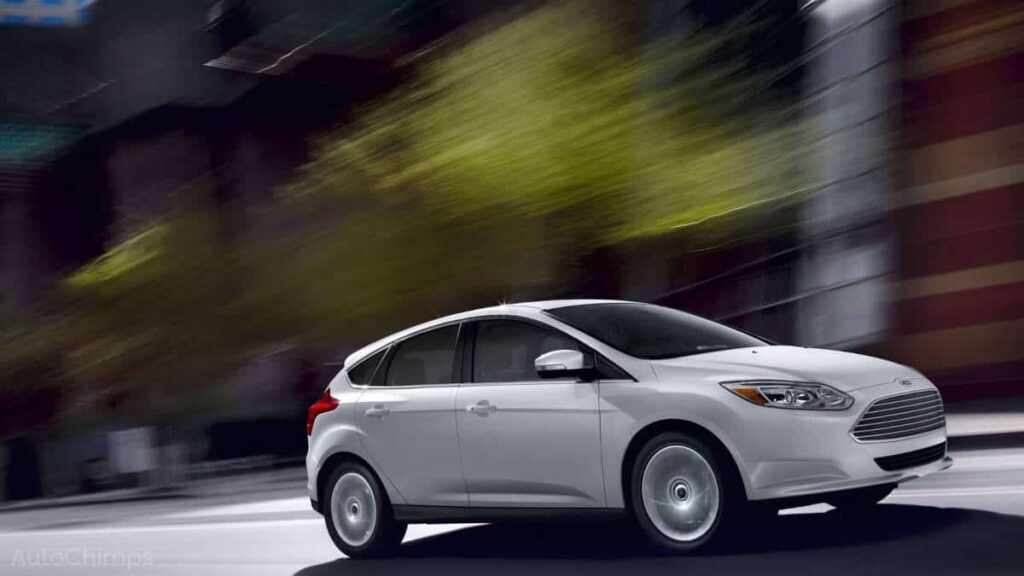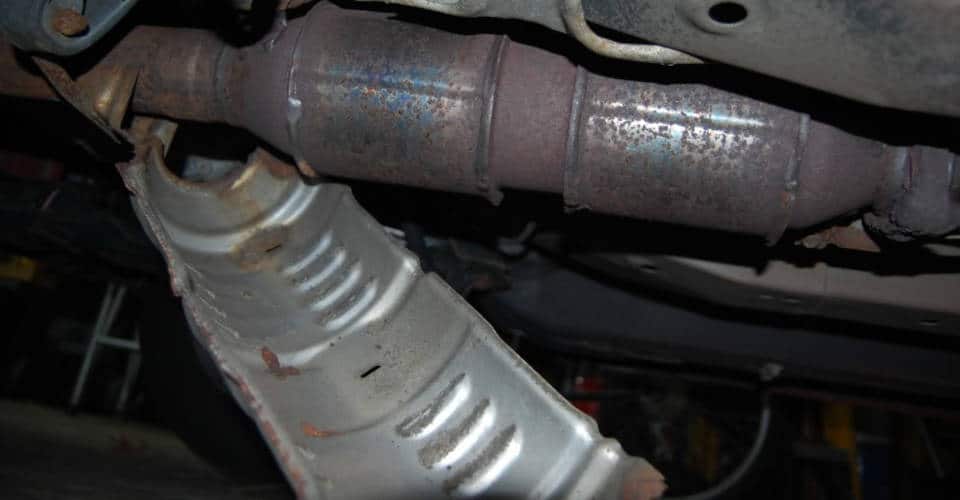
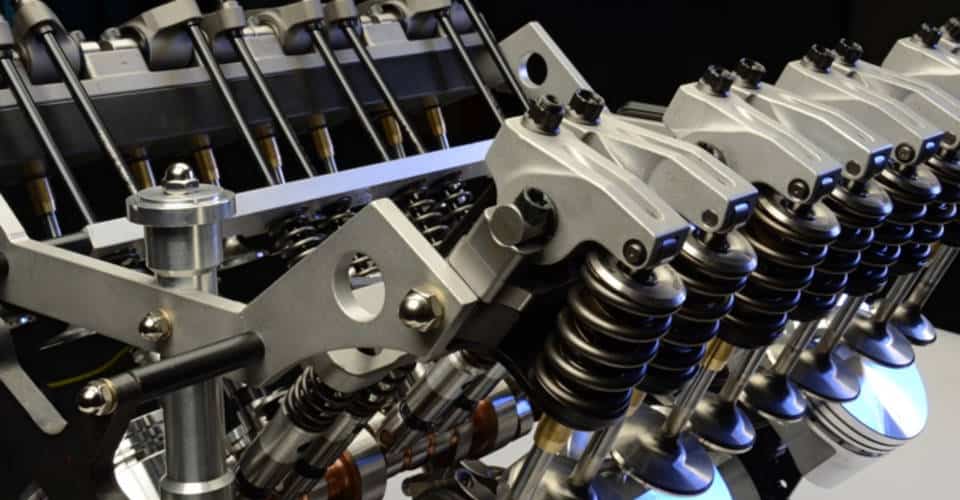
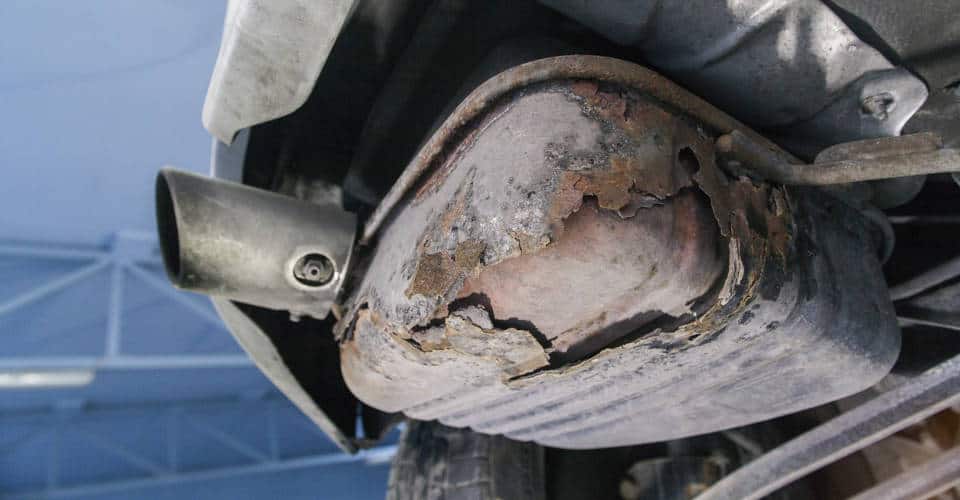
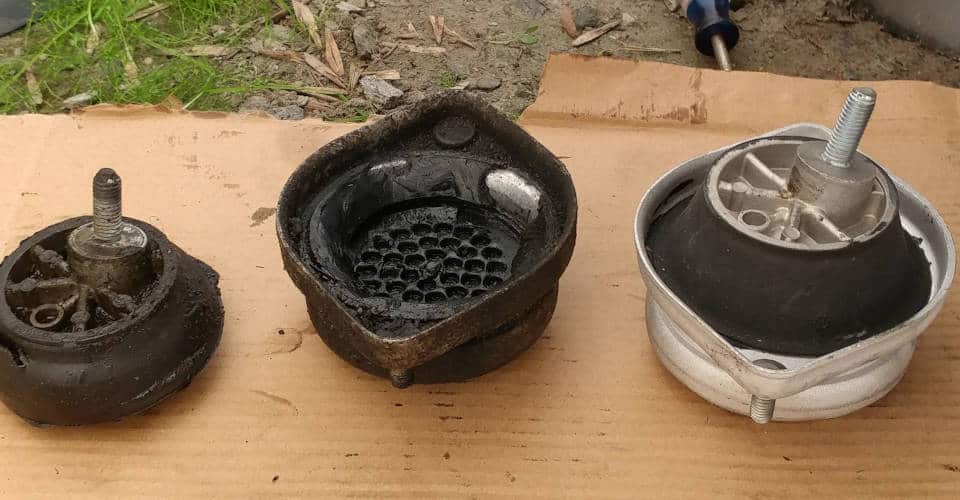
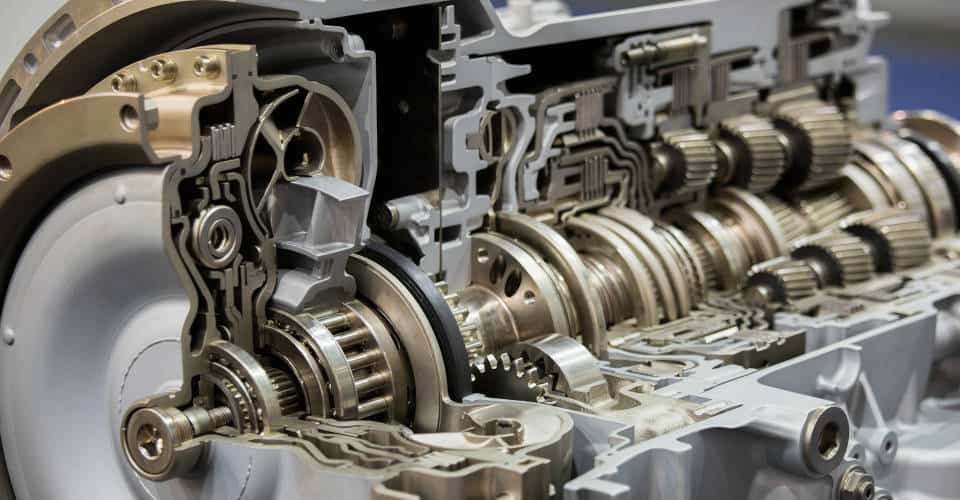
Why is Your Car Rattling When Accelerating? Here Are 5 Common Causes and Fixes
Ever heard a weird rattling noise when hitting the gas? That’s not just the soundtrack of a rough ride; it’s a sign that something’s up under the hood. While it’s unlikely to be a snake, a rattling car definitely needs some attention. Let’s break down the usual suspects behind that annoying sound and how to tackle them.
1. Broken Heat Shield

Heat shields are metal barriers that protect your car’s components from the heat generated by the exhaust system. Positioned low to the ground near the gas tank and exhaust parts, they can easily get damaged by road debris or rust. If a heat shield breaks, it can rattle as the engine works harder, pushing more air through the exhaust.
How to Fix: Repairing a heat shield is usually quick and cheap. If it’s just a minor issue, a local shop can spot-weld it for a small fee. If it’s beyond repair, a full replacement will set back around $250-$300.
2. Damaged Engine Mounts

Engine mounts are the unsung heroes that keep a hefty engine (about 300 lbs!) securely in place. Made from rubber and metal, they can wear out over time. If they’re damaged, the engine might shift, leading to metal-on-metal contact that can create a loud racket when accelerating.
How to Fix: Replacing engine mounts isn’t too complicated. While a DIY check is possible, a pro can give it a thorough look on a lift. Expect to pay between $200-$500 for a replacement.
3. Valve Train Issues

If the car sounds like glass bottles clattering together, it might be a valve train issue. This system controls the intake and exhaust valves, and if any parts are worn or stuck, it can cause premature ignition in the combustion chambers.
How to Fix: Start by checking the oil. If it’s dirty, an oil change could solve the problem. Also, make sure to use the right octane fuel as specified in the owner’s manual; using lower octane can lead to performance issues.
4. Transmission Problems

The transmission is a complex beast, and it relies on fluid to keep everything running smoothly. If the fluid is low, parts can grind against each other, causing rattling noises when accelerating. Ignoring this can lead to expensive repairs down the road.
How to Fix: Regularly changing the transmission fluid every 30,000-60,000 miles is key. If rattling occurs, check the fluid levels first. If they’re low, top them off.
5. Worn Exhaust Components

Your exhaust system has multiple parts that can wear out and cause rattling. From the muffler to the catalytic converter, any damage can lead to performance issues and a noisy ride.
How to Fix: Start by inspecting the exhaust system for visible damage. If unsure, a mechanic can perform a pressure test to check for leaks. Addressing issues early can save a lot of hassle later.

